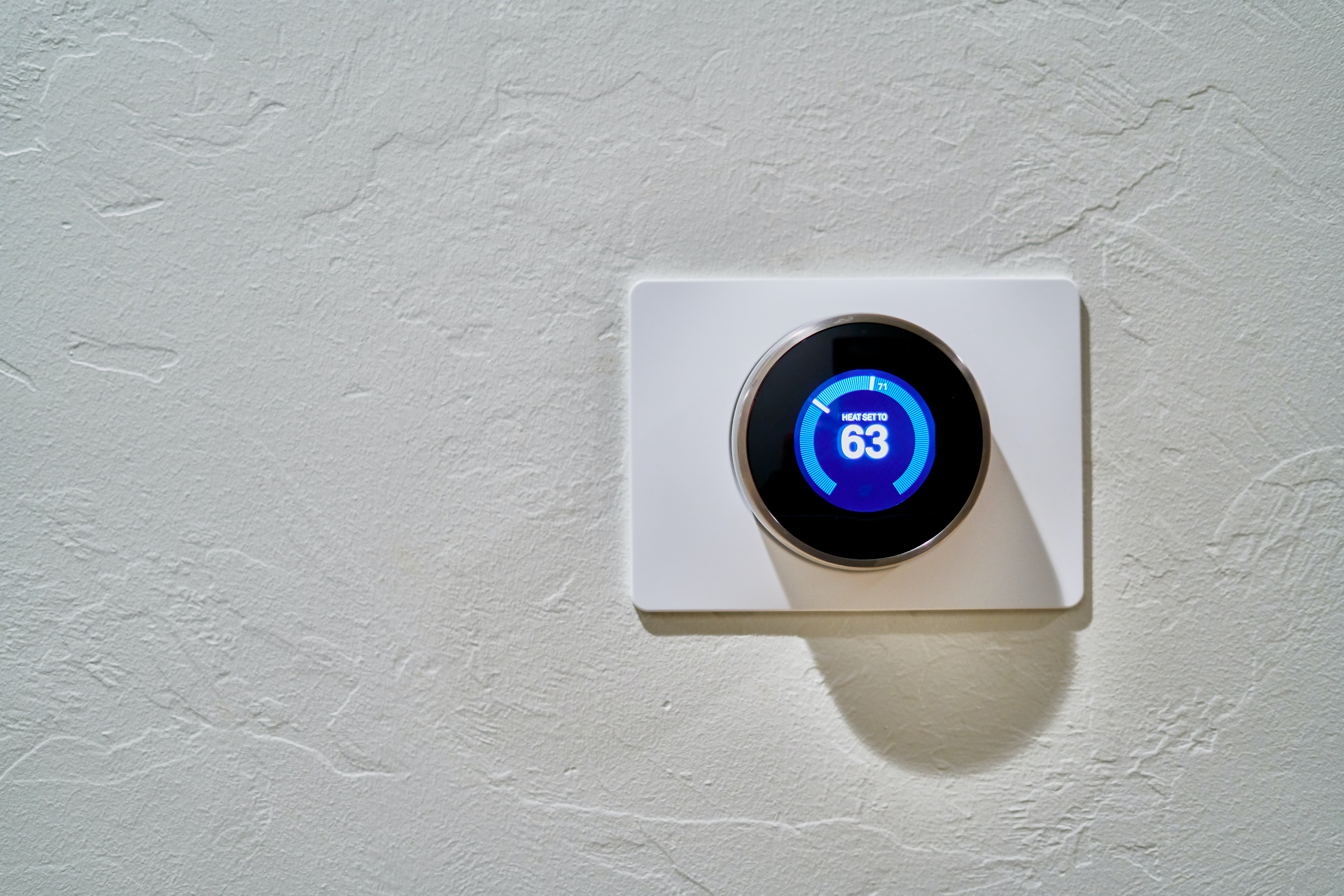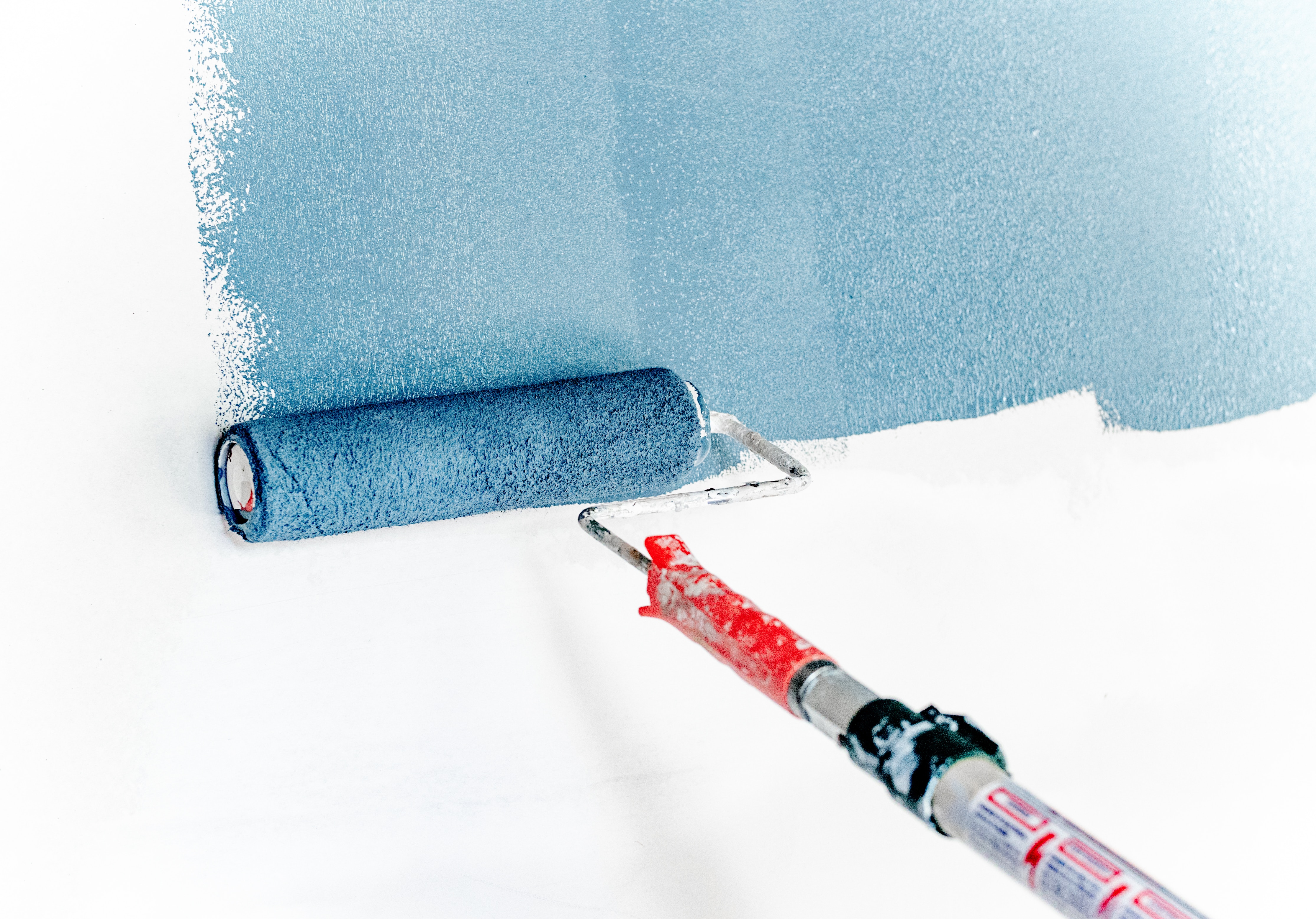Important questions to ask landlords before leasing

When considering a rental property, it's crucial to ask landlords the right questions to ensure that the property and rental agreement meets your needs and expectations.
Here are some important questions to ask landlords before leasing:
1. What is the duration and terms of the lease agreement?

It is important to fully understand the lease agreement, including the duration of the lease and any specific terms or conditions outlined within it. Inquire about the lease length, whether it is a fixed-term lease or a month-to-month agreement. Additionally, ask about any provisions for lease renewal or extension, as well as any penalties or fees associated with early termination.
2. How much is the monthly rent, and when is it due?

To effectively plan your budget, it is crucial to determine the exact amount of monthly rent and the preferred method of payment. Inquire about the due date for rent payments and whether there are any grace periods or late fees. It is also helpful to ask if rent increases are anticipated during the lease term or if there are any other factors that may affect the rental amount.
3. What is included in the rent?

Understanding what is included in the rent can help you assess the overall cost of living in the rental property. Inquire about utilities such as water, electricity, gas, and internet, and whether they are covered by the rent or if they are separate expenses. Additionally, ask about any other amenities or services included in the rent, such as parking, storage facilities, or access to common areas.
4. Are there any additional fees or deposits?

In addition to the monthly rent, it is essential to be aware of any additional fees or deposits associated with the rental property. Ask about security or key deposits and the conditions for their refund. Inquire about any pet fees, parking fees, or other charges that are not included in the rent. Understanding these costs upfront will help you plan your finances accordingly.
5. Are pets allowed, and if so, what are the pet policies?

If you have or plan to have pets, it is important to inquire about the landlord's pet policies. Ask about any restrictions on pet types, sizes, or breeds. Inquire about additional fees or deposits required for pets, as well as any rules or guidelines regarding pet care, noise control, waste disposal, or common area usage. Understanding the pet policies will help determine if the property suits your furry companions.
6. What are the maintenance and repair procedures?

Knowing how maintenance and repairs are handled is crucial for ensuring a comfortable living environment. Inquire about the procedures for reporting maintenance issues and the expected response times for different types of repairs. Ask whether there is a dedicated maintenance staff or if the landlord uses external contractors. It is also helpful to clarify the responsibilities of the tenant and the landlord regarding specific maintenance tasks.
7. Are there any restrictions on decorating or modifications?

To personalize your living space, it is important to understand any restrictions or guidelines regarding decorating or modifications. Inquire about any limitations on painting walls, hanging artwork, or making structural changes to the property. Ask if prior approval is required for modifications and whether there are any specific guidelines to follow. Understanding these restrictions will help you determine if the property aligns with your aesthetic preferences and lifestyle.
8. Is renter's insurance required?

To protect your belongings and liability, it is essential to inquire about the landlord's insurance requirements. Ask if renter's insurance is mandatory and what the minimum coverage requirements are. Additionally, inquire if the landlord can provide a list of recommended insurance providers or if they have any specific insurance options available for tenants. Understanding the insurance requirements will help you secure appropriate coverage for your rental property.
Remember, asking these questions will help you make an informed decision and ensure a positive rental experience. Take notes during the conversation and carefully review the lease agreement before signing anything.